Behaviorist Theory
Introduction
The Behaviorist Theory is a psychological perspective that posits that behaviors are learned through interactions with the environment. This theory is primarily concerned with observable and measurable aspects of human behavior. It disregards any internal activities like thinking, emotions, and moods, arguing that only observable behavior should be studied, as it can be objectively measured.


History
The roots of behaviorism can be traced back to the late 19th and early 20th centuries. The theory emerged as a reaction against introspective psychology, which was the dominant psychological perspective at the time.
Early Behaviorism
The term "behaviorism" was first coined by John B. Watson, an American psychologist, in 1913. Watson's work was heavily influenced by the ideas of Ivan Pavlov, a Russian physiologist known for his work on classical conditioning. Watson believed that psychology should be a purely objective experimental branch of natural science, with its theoretical goal being the prediction and control of behavior.
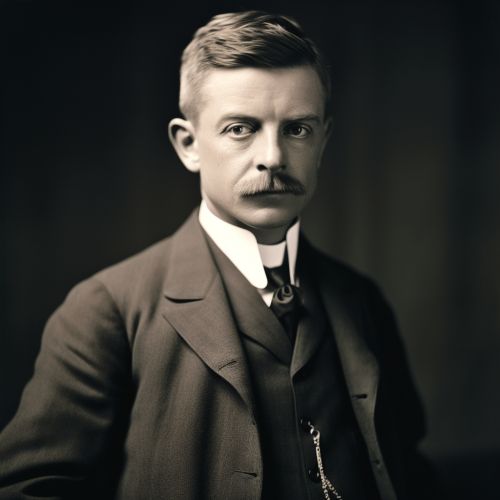
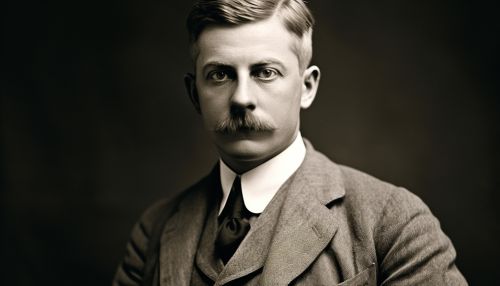
Neobehaviorism
The next phase in the development of behaviorism, known as neobehaviorism, was led by psychologists like B.F. Skinner, Clark Hull, and Edward C. Tolman. This phase extended and modified the basic principles of behaviorism to incorporate the effects of purpose and goal-directed behavior.
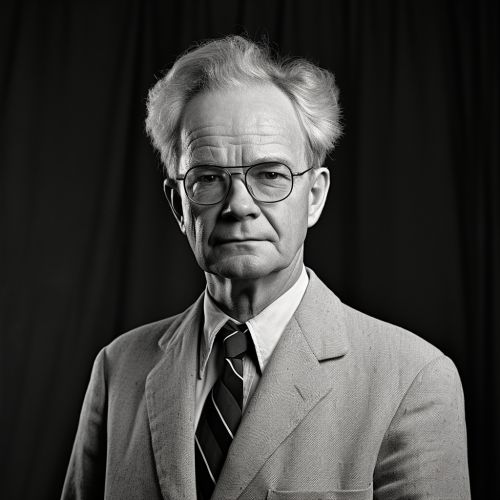
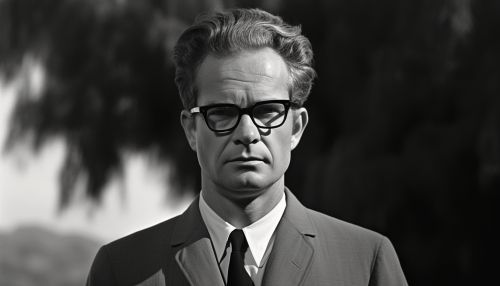
Key Concepts
Behaviorism is based on a number of key concepts and principles.
Stimulus-Response
The fundamental principle of behaviorism is the stimulus-response (S-R) theory. This principle suggests that all behaviors are responses to certain stimuli in the environment.
Conditioning
Behaviorism focuses heavily on the concept of conditioning, which is the process of learning associations between a stimulus and a behavioral response. There are two main types of conditioning: classical conditioning and operant conditioning.
Reinforcement and Punishment
Behaviorists believe that the consequences of a behavior play a significant role in determining whether the behavior will be repeated in the future. These consequences can either be reinforcements, which increase the likelihood of the behavior, or punishments, which decrease the likelihood of the behavior.
Criticisms and Limitations
Despite its significant contributions to psychology, behaviorism has been criticized for its focus on observable behavior at the expense of understanding internal mental processes. Critics argue that behaviorism fails to account for the complexity of human behavior and cognition.

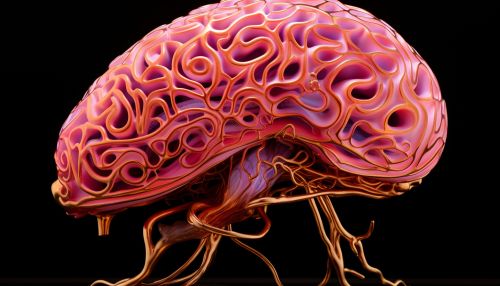
Impact and Influence
Despite the criticisms, behaviorism has had a significant impact on psychology and other disciplines. It has influenced the development of cognitive psychology, behavioral therapy, and educational psychology, among others.
